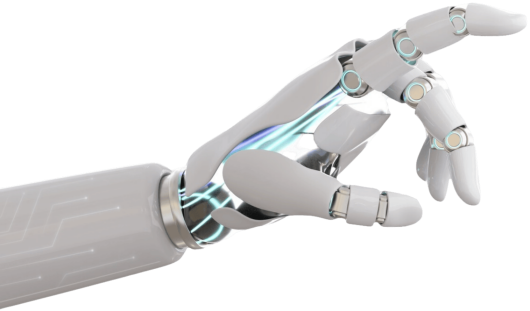
The historical development of the field of Human Engineering is presented here, starting from its first roots in the 1930s and early 1940s up to the recent perspective of a coherent Human-Machine Systems Science. The early roots of the discipline are based on experimental psychology, ergonomics, and control, decision, and communication theories. The investigations of electromechanical displays and control devices have been followed by the first perception-action models of manual control and the optimal control model in the 1960s and early 1970s. A particular application domain with also current new importance is the modelling of driving tasks, now under the view of driver assistance systems. Here and much more in the domains of industrial and service applications, an evolution has occurred over the past decades towards investigating more sophisticated tasks which need more cognitive involvement of the human. Supervisory control, human-computer interaction, decision making, and problem solving activities are outlined in this paper. Applications cover a broad spectrum from engineering and beyond. Also, a comparison with music performance is given. In general, multimodal interaction and gestural control have contributed to a more transdisciplinary view on human control, cognition, and emotion. Both, human-machine interfaces as well as knowledge-based assistance and support systems are nowadays developed under such perspective.
human engineering, human-machine systems, models of manual control, supervisory control, human-computer interaction, cognitive systems engineering, driver assistance systems, visualization, auditory displays.